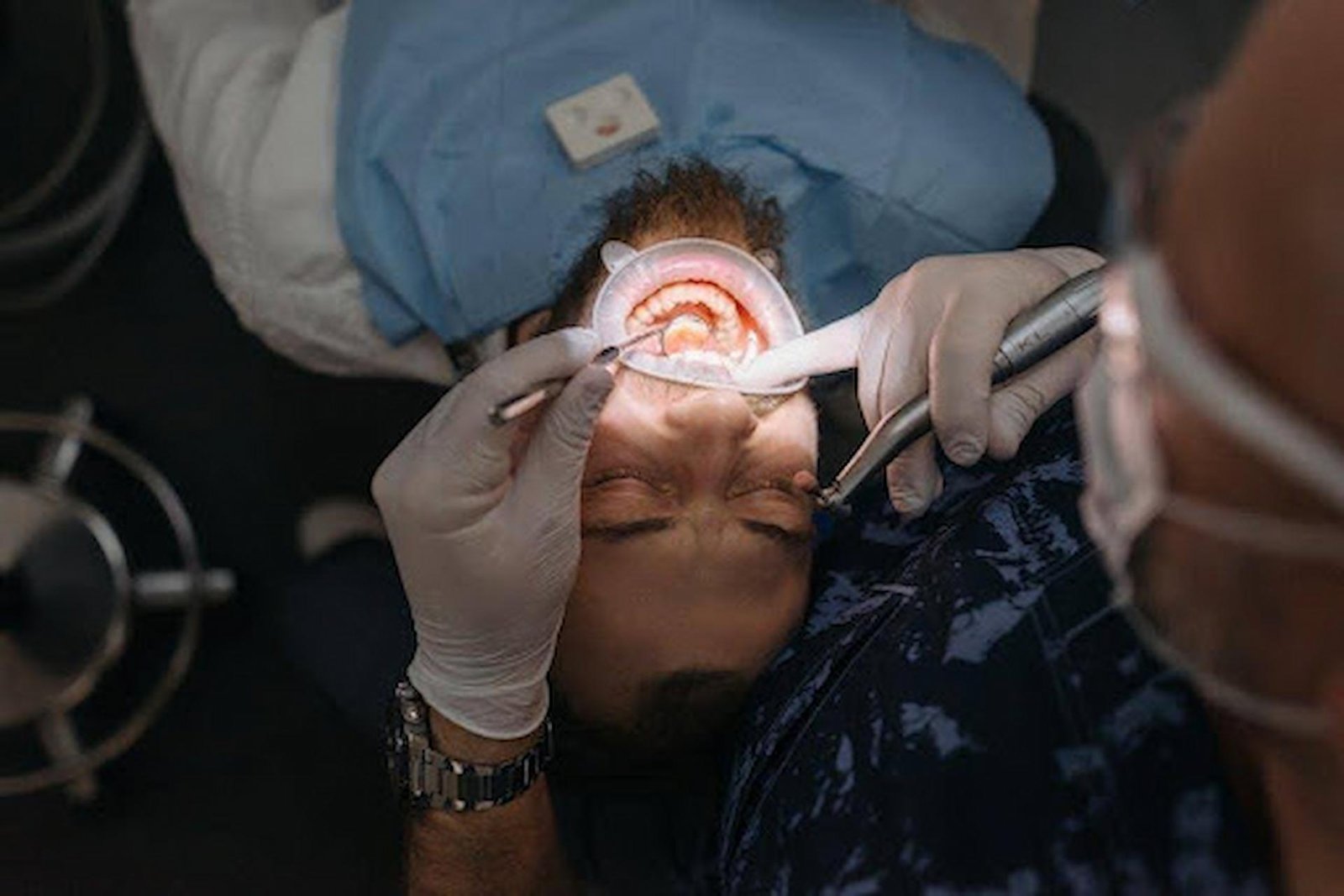Have you ever felt a strange ache in the back of your mouth? It might be your wisdom teeth trying to come in. Wisdom teeth, also known as third molars, usually appear when you’re a teenager or in your early twenties. They can cause a lot of trouble if there’s not enough room in your mouth for them to grow properly.
But how do you know if it’s time to say goodbye to those pesky teeth? Here, we explore the signs that might mean it’s time for wisdom tooth removal.
Understanding Wisdom Teeth
Wisdom teeth start to appear between the ages of 17 and 25. By this time, a person already has their full set of adult teeth.
However, many people don’t have enough space in their mouths for all of them. This can lead to various issues that need to be addressed by a dentist. It’s important to keep an eye on them, as they can affect your overall oral health.
Common Signs That You May Need Wisdom Tooth Removal
It’s crucial to recognize the signs that might indicate you need wisdom tooth removal. If you’re experiencing uncomfortable sensations or pain in the back of your mouth, it could be a signal that your wisdom teeth are coming in but are unable to break through the gums properly. Here are some signs to watch out for:
Pain or Discomfort
If you feel pain or discomfort in the back of your mouth, it could be related to your wisdom teeth. The pain may start dull and then become sharp or radiate into your jaw or ear.
Sometimes, the discomfort can make it hard to chew or open your mouth wide. This happens because the teeth may be impacted, meaning they can’t emerge properly.
Swelling and Redness
Another sign to look for is swelling or redness around the gums. This can happen if your wisdom teeth are pushing into your other teeth or if they’re partially coming through the gum line.
When this occurs, it can cause inflammation, leading to discomfort and swelling. If you notice your gums appear shiny or swollen, it’s worth talking to your dentist.
Difficulty Opening Your Mouth
Having trouble opening your mouth wide can also indicate wisdom teeth issues. Sometimes, when wisdom teeth are trying to come in, they can put pressure on other teeth or the jaw, leading to limited movement. If you find it uncomfortable to yawn, eat, or speak, this could be a warning sign that your wisdom teeth need attention.
Other Signs of Trouble
While pain and swelling are the most common signs, there are other symptoms that may suggest a problem with your wisdom teeth. Here are some additional things to consider:
Headaches
Frequent headaches can also be a clue that wisdom teeth are causing issues. When these teeth shift or push against other teeth, they can create tension in your jaw. This tension can lead to headaches, particularly around the temples or the back of your head. If you experience persistent headaches that do not go away, consult your dentist to rule out any dental issues.
Bad Breath
Having bad breath can be embarrassing, and it could be a sign of wisdom teeth problems. When wisdom teeth are impacted, they can create pockets of bacteria that lead to infections in the mouth. This can result in unpleasant odors. If you notice that brushing your teeth isn’t helping to freshen your breath, it may be time to see your dentist.
The Importance of Regular Dental Check-Ups
One of the best ways to stay on top of your dental health is to visit your dentist regularly. During a routine check-up, your dentist will take X-rays of your mouth to monitor the position of your wisdom teeth.
This can help identify potential problems before they become serious. The dentist can assess if your wisdom teeth are developing properly or if they are impacting other teeth.
When it comes to wisdom teeth, your dentist is your best ally. They have the expertise to determine if you need wisdom tooth removal. If they see that your wisdom teeth are causing issues like impacts or infections, they may recommend having them removed before they lead to more serious problems.
FAQs About Wisdom Teeth
People often have many questions about wisdom teeth. Here are some frequently asked questions:
When should I see a dentist?
If you’re experiencing any of the signs mentioned earlier, it’s important to schedule an appointment with your dentist immediately. They can examine your mouth and determine if you need wisdom tooth removal.
What happens during wisdom tooth removal?
During the procedure, your dentist or oral surgeon will numb the area around your wisdom tooth. Then, they will carefully remove the tooth. The procedure can usually be done in an hour or less, and you can go home the same day.
Will it hurt after the removal?
After the procedure, it’s normal to experience some swelling and discomfort. Your dentist will provide instructions on how to manage this pain with over-the-counter medications. Most people feel better within a few days.
Taking Care of Your Oral Health
Keeping up with your oral health is crucial, especially when it comes to wisdom teeth. Aside from regular dental check-ups, practicing good dental hygiene can help maintain your mouth’s health. Make sure to brush and floss daily to prevent decay and gum disease.
Pay attention to your body. If you start noticing any signs of discomfort or pain, don’t hesitate to speak with your dentist. Early intervention can prevent complicated issues down the road.
Making the Decision for Wisdom Tooth Removal
If you’re facing issues with your wisdom teeth, it’s essential to make an informed decision about their removal. Talk to your dentist about your symptoms and concerns. They can guide you through the options and help you choose the best course of action.
Understanding the signs that you might need wisdom tooth removal is key to avoiding future problems. Pain, swelling, headaches, and bad breath are all indications that it may be time to consult your dentist.
Checking Wisdom Tooth Issues
Remember to prioritize your oral health as you grow. Regular check-ups with your dentist are vital in monitoring your mouth’s well-being. Pay attention to any changes, and don’t hesitate to seek help. Wisdom teeth can become problematic, but with the right information and care, you can keep your smile bright and healthy.
Did you find this helpful? Don’t forget to visit our website and read more.





